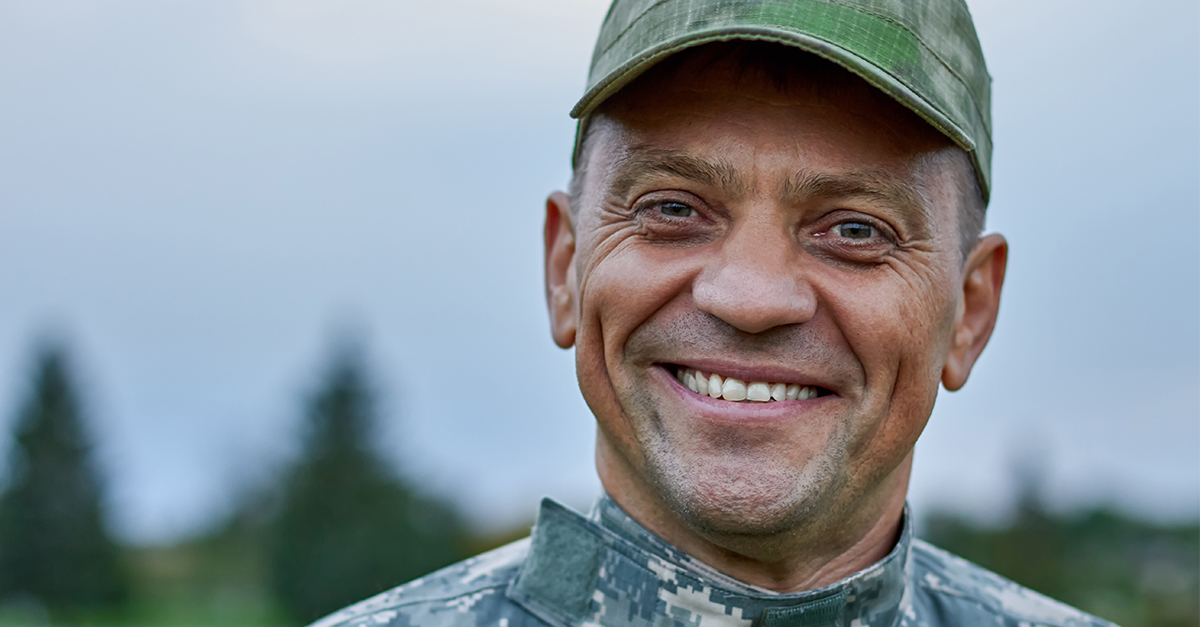There are over 40,000 veterans with cancer in the Veterans Health Administration (VA) system, according to a 2007 study. That number has likely increased significantly in the years since the study’s release, along with the amount of veterans enrolled in the program, which the VA currently reports is nine million.
Despite these statistics, clinical trials available to vets with cancer within the VA have diminished to almost none in recent years. Rules and restrictions have created considerable barriers to such trials, says Stephen Bartlett, SWOG Cancer Research Network VA Lead, along with the time, resources, and funding it takes to establish and maintain a staff dedicated to the purpose of moving patients through the process.
“We really need those trials because we have a lot of patients that have gone through primary therapy — they need some options,” says Bartlett. “Certainly our men and women in the military deserve the best care available.”
And that standard of care, according to oncologists, is clinical trials. “Not having that standard of care in the VA as broadly available as we would like it is not where we want to be,” Bartlett explains.
To move the issue forward, SWOG and its philanthropic partner, The Hope Foundation, launched the VA Integration Support Program in 2015. Spearheaded by SWOG Chair Charles D. Blanke, M.D., the program began with a focus on supporting infrastructure, from nurses to administrative staff, needed to open and run
The result of the VA Integration Support Program is that veterans get more targeted treatments, immunotherapies, and cutting-edge medicines for a wide range of cancers, including prostate, lung, and colorectal, which are the most common among vets. Since the program’s inception, the VA centers that have received grants have had 65 veterans register for SWOG and other NCI treatment and prevention trials, marking a significant uptick in participants.
“It may take years, but I believe that together, SWOG, Hope, and the NCI will make a positive difference for these centers and the veterans they serve,” explains Blanke.
You can help ensure that these numbers continue to increase by giving to The Hope Foundation. Give a gift today of $25 or more to make a real difference in the standard of care that veterans with cancer receive.


